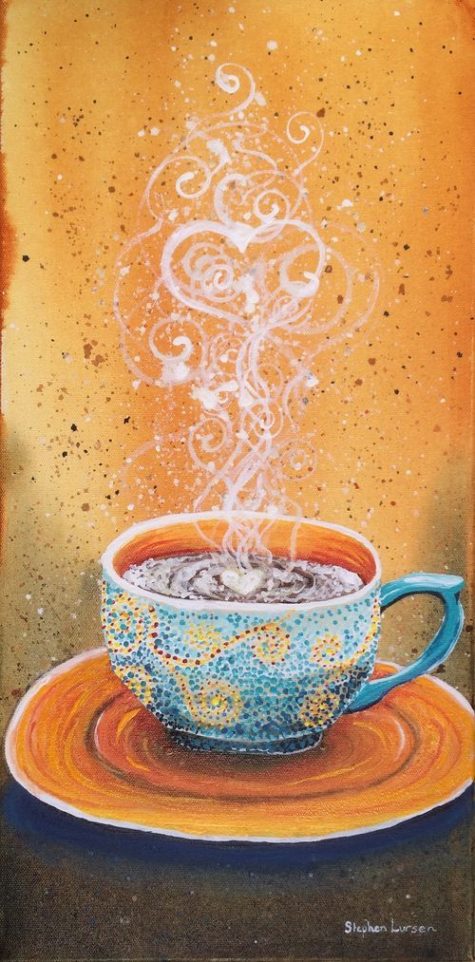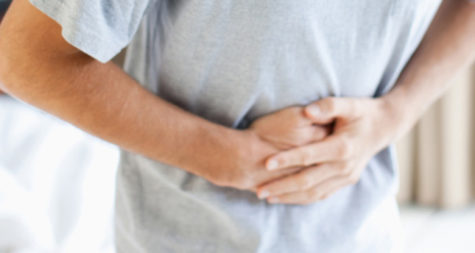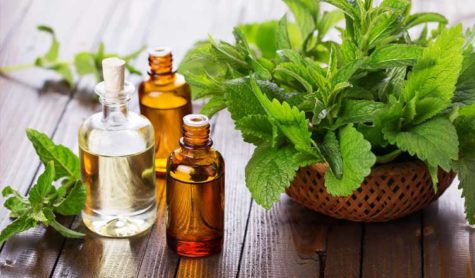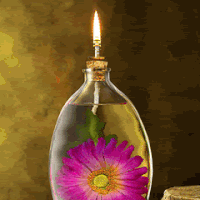Peppermint
Bugs Be Gone Room Spray
You can use essential oils to make a bug-repelling room spray that can be used inside or out. This blend of Lavender, Peppermint, Lemongrass, and Lemon Eucalyptus oils is great for keeping away all kinds of bugs (mosquitoes, flies, gnats, spiders, and more). Plus, it has a wonderful fresh scent.
To make room spray:
- Fill 8 oz glass spray bottle about 3/4 full with distilled water
- Fill most of the rest of the way full with Witch Hazel
- 10 drops Lavender essential oil
- 10 drops Peppermint essential oil
- 10 drops Lemongrass essential oil
- 10 drops Lemon Eucalyptus essential oil
- Put on sprayer top and shake well to mix
To use: Shake bottle gently before each use. Spray into the air to freshen room. Use as often as needed.
Source: One Essential Community
Perk Up Diffuser Blend

Here is a great Diffuser Blend to try, it will make you home smell good and it is perfect for a natural perk up in the morning before work or school:
- 2 drops Lemon essential oil
- 2 drops Orange essential oil
- 2 drops Peppermint essential oil
- 2 drops Rosemary essential oil
Source: Loving Essential Oils
Focus & Get Shit Done Blend
These recipes are for a 4 oz. spray bottle, but of course they can be doubled or halved as needed.
You will need:
- Spray Bottle (4 oz)
- 1 tablespoon of vodka or rubbing alcohol
- 6 tablespoons of water
- 8 drops of Peppermint essential oil
- 10 drops of Grapefruit essential oil
- 10 drops of Rosemary essential oil
- Optional – a bottle sized piece of one of your ingredients (sprig of Rosemary or Peppermint)
Put the vodka (or rubbing alcohol) into the bottle, and then add the essential oils. Shake well. Add the optional herb if desired. Then add the water. Shake gently before each use.
Source: Salome Gemme
Essential Oils for Abdominal Pain
Abdominal pain should be checked by a doctor if it persists and increases in intensity because it could be appendicitis or another condition that needs to be properly diagnosed.
Upper Abdominal Area:
Apply the following oil over the painful area in a clockwise direction:
- 3 drops Peppermint
- 2 drops Clove
Dilute in 1 teaspoon vegetable or carrier oil.
Other essential oils that could be used include the following: Angelica, Anise, Chamomile, Coriander, Eucalyptus, Fennel, Marjoram
Lower Abdominal Area:
Apply the following oil over the painful area in a clockwise direction:
- 2 drops Thyme
- 3 drops Eucalyptus
Dilute in 1 teaspoon vegetable or carrier oil.
Other essential oils that could be used include the following: Geranium, Ginger, Patchouli, Peppermint, Rosemary
Source: Complete Book of Essential oils and Aromatherapy
Hair and Scalp Formula
- 8 drops Rosemary oil
- 4 drops Cedar oil
- 4 drops Lemongrass oil
- 4 drops Peppermint oil
- 4 drops Lavender oil
Add the essential oils to 30 ml of jojoba oil and massage into hair and scalp. 10% argan oil will enhance this formula.
Source: Floracopeia
Deep Breath Oil Blend
Mental Clarity Inhalation Blend
- 8 drops Rosemary oil
- 4 drops Peppermint oil
- 4 drops Lemon oil.
Use neat if diffusing, or dilute with 15 ml of carrier oil for direct inhalation.
Source: Floracopeia
Peppermint Essential Oil
Peppermint has been used by many ancient cultures, including the Egyptians, Chinese, and American Indians, no doubt because of its extremely useful health-promoting properties.
- Application:
Diffuse. Massage on the stomach or add to water or tea for supporting normal digestion. Apply to bottom of feet or rub on the temples to treat headaches. To improve concentration, alertness, and memory, place 2 drops on the tongue. Add to food as a flavoring and preservative. Add a drop or two to a bottle of water curb appetite, and for a cooling refreshment on a hot day.
- Fragrant Influence:
It is purifying and stimulating to the conscious mind.
- Safety Data:
If pregnant or under a doctor’s care, consult your physician. Avoid contact with eyes, mucus membranes, or sensitive skin areas. Do not apply “neat” to a fresh wound or burn.
Peppermint is one of the oldest and most highly regarded herbs for soothing digestion, and has been extensively studied for it’s effect on the liver and respiratory systems. Peppermint has also been researched for it’s role in affecting impaired taste and smell when inhaled, and it’s ability to improve concentration and mental accuracy.
One study examined peppermint’s ability to directly affect the brain’s satiety center which triggers a sensation of fullness after meals.
It is an excellent digestive, it helps the respiratory system and circulation, it is an anti-inflammatory, and an antiseptic. These qualities make it a good oil in the treatment of indigestion, flatulence, bad breath, flu, catarrh, varicose veins, headaches and migraines, skin irritations, rheumatism, toothache, and fatigue. It even keeps mice, fleas, and ants away.
If you chew on a Peppermint leaf and then suck in air, a distinct cooling effect will be felt in your mouth. This cooling effect is from the presence of menthol, which is useful in making cosmetics and body-care products.
Peppermint oil is extremely useful when you are hot either from a hot fever, hot flashes, or hot weather. Inhaled it cools a fever, decongests the sinuses, calms the mind, soothes a headache, acts as an antidepressant, stimulates the nervous system and mind, also calms the tendency for your mind to race.
- External Uses
Peppermint oil is used as an antiseptic to wounds and sores (use only in a very diluted form), as a chest rub for respiratory diseases (use in a blend of oils or fats), as a skin cleanser (hydrosol or water spray), and in rubs for aching muscles and limbs.
- Internal Uses
Peppermint oil has a proven reputation to cure nausea and vomiting. One drop on a sugar cube sucked slowly, or two drops in 8 ounces of water and slowly sipped.
Always use Peppermint oil diluted, as it can burn and irritate when used neat. Peppermint oil in a lotion has an interesting feature in that it cools while it warms. The menthol increases blood flow wherever it is applied, soothes while it gives a cooling feeling. Try it as a muscle rub for tired feet.
Peppermint oil can also be added to water and given to both pets and people to cure flatulence. One or two drops of peppermint oil per 6 oz of water should be sufficiently strong enough to cure the problem.
Collected from various sources










